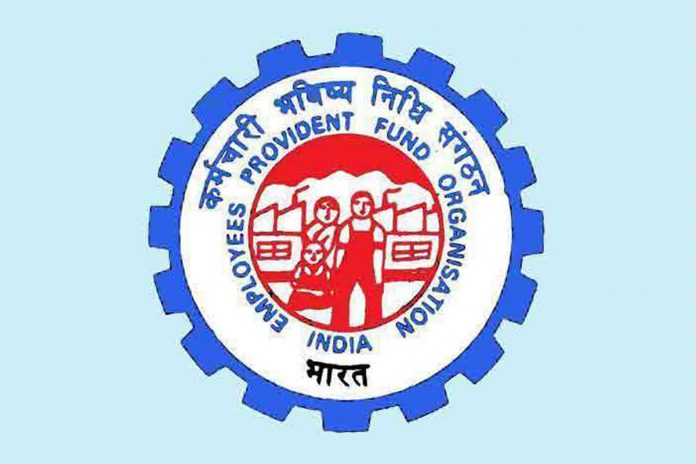
EPFO plans to create a separate fund for voluntary subscribers
According to the ET report, The government of India plans to create a separate fund under the Employees’ Provident Fund Organisation (EPFO) for contributions from individuals who join the scheme voluntarily once it is thrown open to everyone.
The launch of this separate fund would be announced when the scheme is made universal, says Economic Times report.
“The separate fund is being considered to ensure the new individual subscribers do not draw upon the benefits of years of investments of more than 60 million EPFO subscribers from the existing corpus of over Rs 10 lakh crore.”
For the year 2020-21, EPFO keeps unchanged the interest rate on EPF deposits and retained 8.5% return, which is much higher than about 7% available on small savings schemes.
The report says “Discussions are on within the labour ministry to set up a separate corpus for individuals once the EPFO scheme is opened for all,” EPFO may not allow new individuals to reap benefits of the longterm investments of Employees’ Provident Organisation.
Currently, the PF scheme under EPFO is available to establishments and workers who are in a formal employee-employer relationship. Self-employed individuals such as chartered accountants, doctors, and lawyers are not eligible to subscribe to the scheme.
However, the scheme will soon be available to all individuals, including the self-employed, much like the National Pension System (NPS). Individuals who voluntarily subscribe to the EPFO would get returns depending on the earnings of the new fund, and their withdrawal criteria could also be different, said officials. This would require an amendment to the Employees’ Provident Fund & Miscellaneous Provisions Act, which governs 24% contribution, 12% each from employee and employer, to the provident and pensions schemes under the EPFO.
Code on Social Security, 2020, permits the government to frame any other scheme(s) for the purposes of providing social security benefits to self-employed workers or any other class of persons. That’s why the changes could be made once the four labour codes get implemented, says report.
“The separate fund would provide returns on the deposits based on the earnings of the new fund and their withdrawal criteria could also be different,” says the report.








